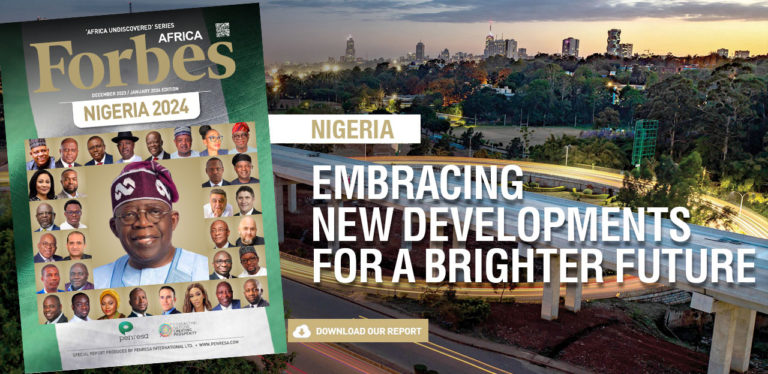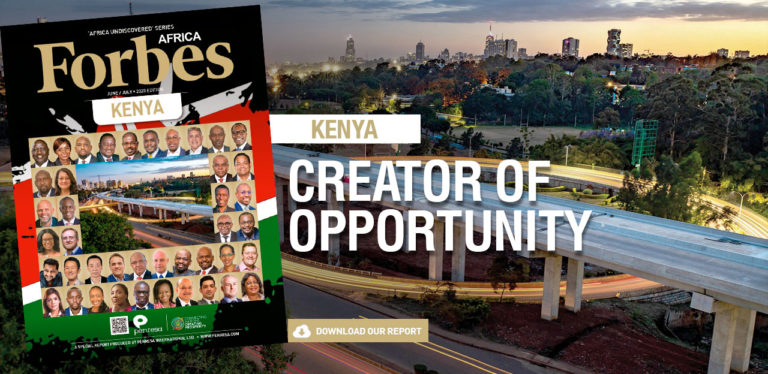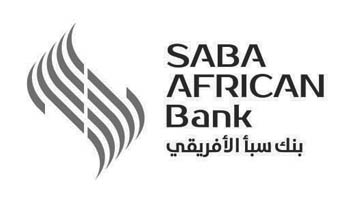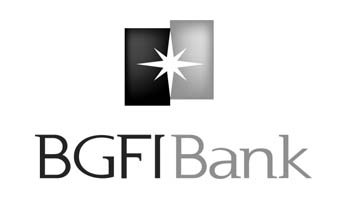Tourism in Ghana contributes significantly to economic growth and development and is the reason why the NPP has drawn up and implemented plans to ensure that it becomes a major African tourism player over the next 12 years.
As part of the National Tourism Development Plan, Vice President Buwania has said that it is the government’s ambition to double tourism revenue by the year 2027. He goes on to state that “tourism is a major priority to our government’s development agenda, and as such we have revamped the Ministry of Tourism and appointed a high level Cabinet member as Minister, to ensure that Ghana moves to become a major tourism player globally.” The involvement of the private sector is essential to the ambitious aim of increasing visitor numbers by a projected five-fold by 2027.
The nation has an abundant diversity of tourist attractions; however the government has focused on four specific aspects of tourism: natural beauty, historical and cultural heritage, hospitability, and safety and stability. Ghana’s year-round tropical warm climate along with its wildlife, exotic waterfalls such as Kintampo waterfalls (as well as the largest waterfall in West Africa, the Tagobo Falls), the 350 mile coastline dotted with palm-lined sandy (and rocky) beaches, caves, mountains, impact crater lakes (Lake Bosumtwi), the largest man-made lake in the world (Lake Volta) dozens of castles and forts along the coast (which the World Heritage Convention of UNESCO has designated as World Heritage Monuments) as well as a number of cultural events and festivals make Ghana an attractive and essential place to visit.
Ghana practices sustainable tourism and encourages non-mass tourism to preserve protected areas (turtle nesting beaches, for example) as well as the environment. Ghana has 16 National Parks, Resource Reserves and Wildlife Sanctuaries which go from the savannah of the coastal plains, to the dense tropical forest and the grassland of the north.
In November 2014, British Airways (BA) ranked Ghana on its “Hot List 2015” of countries to visit, alongside countries such as UK, Malaysia and Brazil. Accra was fourth in the list in The New York Times’ list of “The 46 Places to Go in 2013” due to its economic growth, beaches and cuisines.
According to PwC’s 7th edition of the Hotels Outlook: 2017-2021 report the hospitality sector in Ghana grew from 1.2% from 2015-2016. As the city of Accra modernises rapidly, upscale hotels such as La Villa Boutique Hotel and Olma Colonial Suites provide luxurious and lavish experiences. The Labadi Beach Hotel is Ghana’s premier resort sitting on part of the Labadi Beach, otherwise known as La Pleasure Beach, the busiest beach on the coast; full of activities, live music and food. Accra has an animated and sparkly nightlife which includes bars, theatres, restaurants (international and local cuisine), casinos, nightclubs, VIP clubs and parties on Labadi Beach. The second largest city in Ghana is Kumasi, once the capital of the powerful Ashanti kingdom.
The government is at present concerned with developing niche tourism, such as ecotourism and cultural tourism. Domestic and international business tourism is also increasing since the expansion of business across the country grows alongside Ghana’s economic success. According to WTTC, in 2013, business tourism accounted for 37.2% of tourism and travel’s contribution to the GDP. The GTA (Ghana Tourist Authority) sees MICE (meetings, incentives, conferencing, exhibitions) tourism as a niche with an interesting potential, especially for international conferences. Vice President Bawumia has stated that it is the government’s intention to transform the nation into a major meeting, executive conference and exhibiting hub.
The government is also working on making improvements in transport infrastructure; the third terminal of the Kotoka International Airport in Accra is under construction (and will have the capacity of handling 5 million passengers a year) and funds have been allotted to repair roads that lead to important tourist destinations all around Ghana. Vice President Bawumia has also declared that they will be reducing taxes on inter-country flights.
On October 10, 2017 the World Tourism Forum Summit took place in Kempinski Hotel Gold Coast City Accra and was attended by more than 400 participants, such as tourism ministers, heads of tourism authorities, hoteliers and tourism investment companies. Speaking at the Summit Vice President Bawumia stated, “Tourism is creating many jobs in Ghana.” He went on to say that “tourism has a contribution of around 3% to the growth of Ghana,” claiming that it was Ghana’s intention to be as popular a destination as Dubai, Greece and the Caribbean Islands.





















